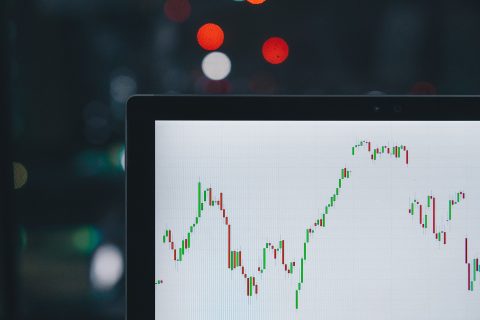Economics (GrDip)
Program overview
The Graduate Diploma in Economics provides a general overview of macroeconomic, microeconomic, and econometric theories and methods. Course materials and resources are designed for students who want to pursue their studies at more advanced levels and for working professionals interested in economics as a secondary field. Economists recognize that today’s policy makers and business leaders require deep knowledge of economic applications and policies. Now more than ever, we need critical minds with a broad foundation in the field to study the trade-offs between growth and pollution, public and private medical services, and many other pressing issues that affect our daily lives. In addition to numerous theoretical and applied research interests in economics, our professors are engaged in various multidisciplinary projects - contributing to publications in statistics, sociology, and medical research, as well as in government policy reports and media opinion pieces.
Program structure
Degree Requirements
Fully-qualified candidates are required to complete a minimum of 30 credits.
Please see the Economics Courses page for course descriptions.
Each student's program of study must be approved by the Graduate Program Director.
Economics Graduate Diploma (30 credits)
| 6 | credits of Core Courses:
|
| 6 | credits minimum chosen from: |
| 18 | credits maximum chosen from the following lists, with no more than six credits chosen from Class C: Economics Graduate Diploma Class A Courses |
| Note: No more than 12 credits can be earned as pro-tanto credit for previous work. |
Economics Graduate Diploma Class A Courses
Economics Graduate Diploma Class B Courses
| All 600-level courses listed in the Economics Courses section of the Calendar. |
Economics Graduate Diploma Class C Courses (6 credits)
| All courses listed in the Finance, Management, Marketing, and Administration MSc (MSCA) Courses section of the Calendar with prior permission of the Department of Economics and the John Molson School of Business. No more than six credits may be taken from this list. |
Admission requirements
Admission Requirements
- Undergraduate degree with a cumulative GPA of 3.00 or the equivalent.
- Sufficient credits in economics and basic statistical and mathematical methods to cope with graduate-level courses in economics.
- Proficiency in English. Applicants whose primary language is not English must demonstrate that their knowledge of English is sufficient to pursue graduate studies in their chosen field. Please refer to the English language proficiency page for further information on requirements and exemptions.
Application process
Application deadlines

FALL
February 1 (Canadian resident)
January 15 (U.S. and international)

WINTER
June 1 (all applicants)

SUMMER
n/a
Priority will be given to complete applications submitted by the deadline. In some cases, programs may continue to accept applications as long as there is space available.
International students: Considering the waiting period involved in meeting the entry requirements to Canada and Quebec, we strongly encourage international applicants to apply early and submit supporting documents prior to the deadline.
Tuition & funding
Tuition and fees
Tuition and fees of the program may depend on your student status, among other key factors. Estimate these costs based on the most common situations.
Awards and funding
Funding packages are generally available for students in thesis-based programs. Course-based students may be eligible for a number of donor awards, and may consult with their department for program-specific opportunities.
Out-of-province students
Get $2,000 in special funding for graduate diploma programs. Learn more
Other programs of interest

Plan, manage and execute in-depth research projects that examine a wide array of subjects using real-world data to successfully land a career related to economics or to pursue a PhD.
Department
Faculty

